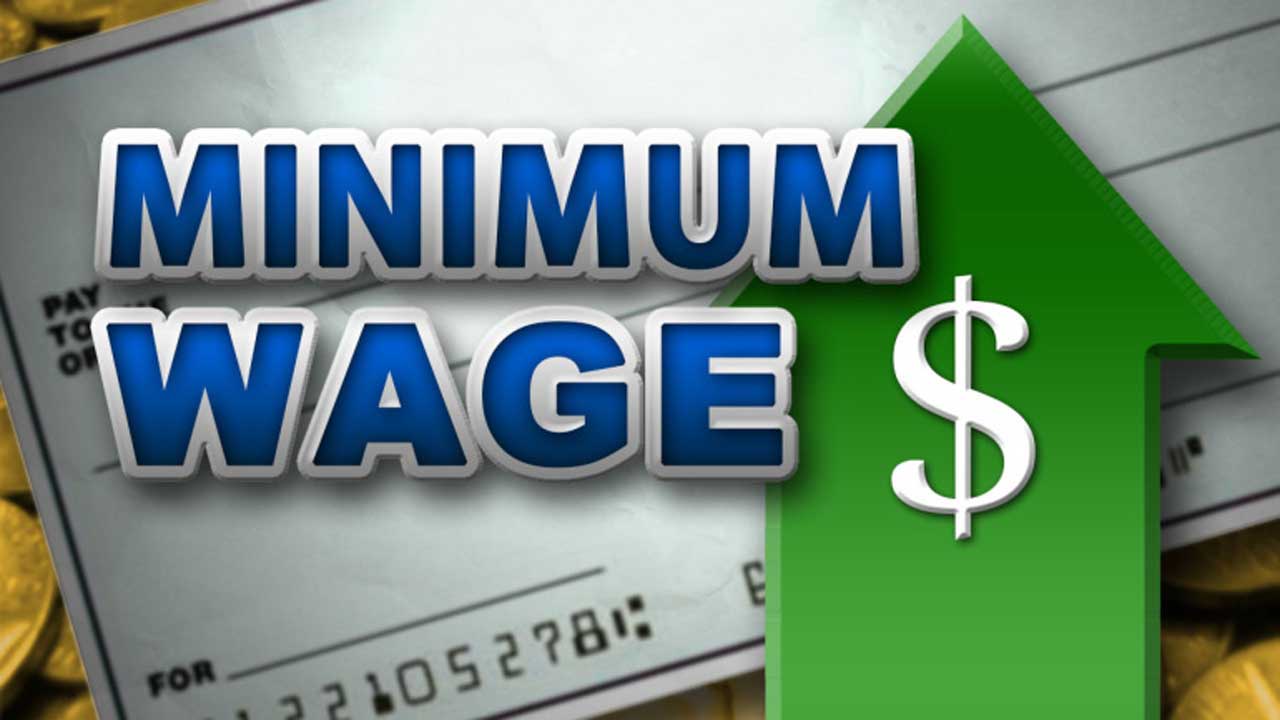
The Association of Local Government of Nigeria has raised concerns over the proposed N62,000 minimum wage, insisting that if approved, the wage may put a strain on the councils’ financial burden.
The PUNCH reports that the Federal Government on Wednesday admonished organised Labour to consider the broader economic implications of its push for an unrealistic higher national minimum wage.
The Minister of Information and National Orientation, Mohammed Idris, who handed down the admonition, hinted that the N250,000 minimum wage demanded by labour could undermine the economy, lead to mass retrenchment of workers and jeopardise the welfare of Nigerians.
However, the labour unions refuted President Bola Tinubu’s claims during his Democracy Day broadcast on Wednesday that an agreement had been reached on the new national minimum wage.
But speaking on Channels Television on Thursday, the ALGON National President, Aminu Muazu-Maifata, said it would be difficult for LGAs’ administrations to pay the N62,000 proposed minimum wage.
According to him, some of the 774 LGAs in the country are still struggling to pay the N30,000 minimum wage approved in 2019.
“With the present allocation from FAAC, no local government council anywhere in Nigeria can be able to pay N62,000,” the ALGON president said.
He added, “Presently, 90% of our inflow from the Federation Account goes into salaries and pensions. Without an upward review of the percentage of allocation to local government councils, it will be extremely difficult or even impossible for them to pay N62,000 minimum wage.”
“The 774 local government councils received slightly above 18 per cent of the total FAAC of the federation, while the federal government received above 52 percent.
“Some councils could not even afford the N30,000 and are still working on the N18,000. Whatever is coming from FAAC presently, 90 percent goes into salaries and pensions.
“This tells us that without adjustment and an upward review of the percentage of the allocation coming to local councils, it will be extremely difficult or impossible for local government councils to pay N62,000.”
Muazu-Maifata, who is chairman of Lafia Local Government, Nasarawa State, said if the proposed minimum wage law is approved, local governments would have to turn to governors and the Federal Government for financial augmentation.
He said: “We will have to run to our principals, the governors, and the Federal Government to augment whatever will be accrued to local government councils from the Federation Account.”
According to him, councils perform multiple functions beyond salary payments and these obligations should be considered when determining an affordable and sustainable minimum wage.











